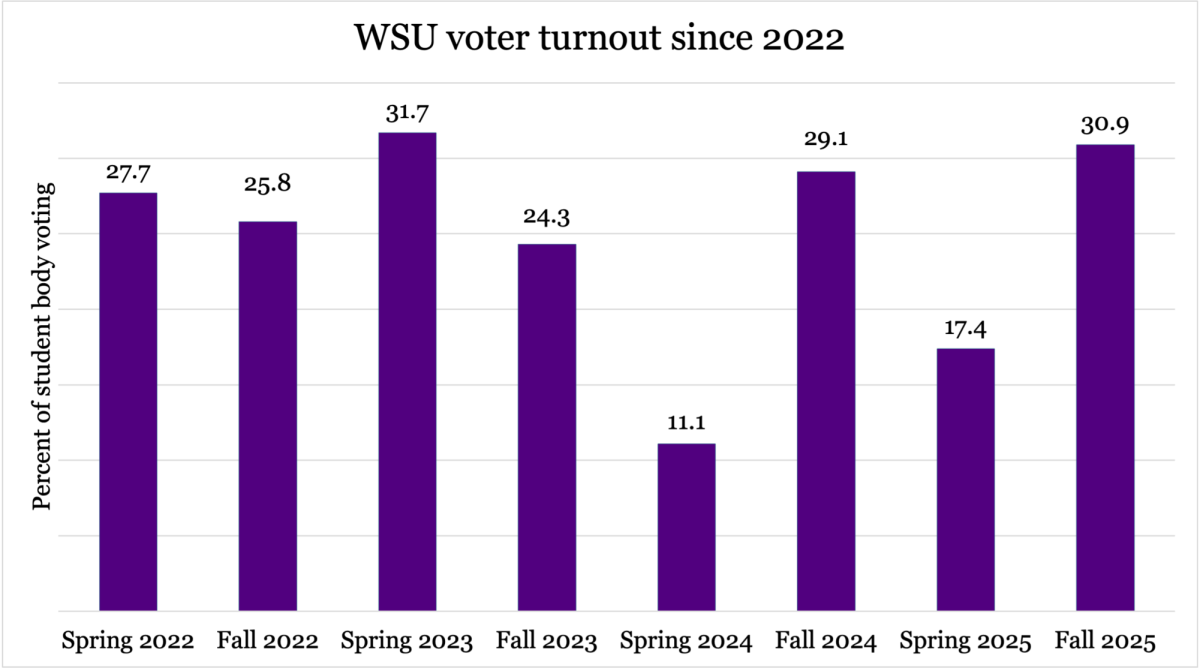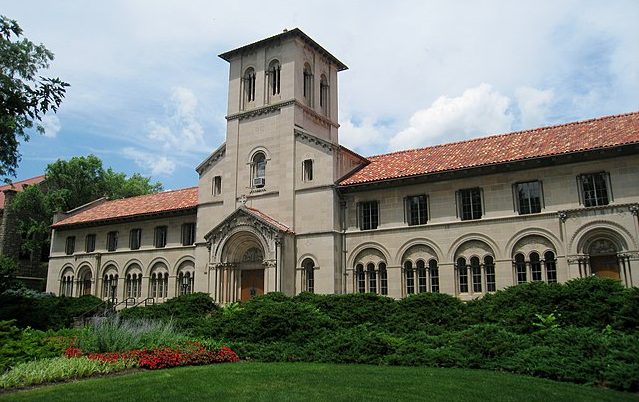A class-action lawsuit accuses the College and 31 other elite colleges and universities of illegally colluding to inflate the cost of attendance through early decision admissions.
The lawsuit alleges that the defendants’ agreement to not compete over early decision applicants violates federal antitrust laws that prohibit collusion between would-be competitors. Early decision agreements harm students by preventing them from receiving and comparing financial aid offers from other schools, the lawsuit says.
Four plaintiffs filed the suit in the U.S. District Court of Massachusetts this Friday. One attends Vassar, another Washington University in St. Louis, and two are recent graduates of Wesleyan. Also listed as class action members are all students who were admitted to one of the 32 schools since August 2021 through early decision and paid any tuition, or who were admitted through any decision process in that time period and did not receive financial aid.
The College intends to defend itself against the lawsuit in court, Chief Communications Officer Meike Kaan wrote in an email to the Record. “The class action complaint filed against Williams College relating to its Early Decision admissions program is wholly without merit,” she wrote. “Williams administers its Early Decision program in a way that is transparent and fair to all applicants, and beneficial to those who participate.”
Prospective students submit early decision applications almost two months in advance of the regular decision deadline and the choice is binding, meaning admits agree to attend regardless of other offers of admission or financial aid. The suit argues that this process disproportionately favors wealthier students who are less sensitive to tuition differences between schools. Therefore, the suit alleges that by filling a substantial portion of their classes with these price-insensitive students via early decision, schools are able to charge higher tuition across the board.
“The schools lose their incentive to compete on price for students admitted through Early Decision, driving up overall ‘top line’ tuition levels and reducing both need-based and merit-based aid for Early Decision admittees,” the lawsuit argues.
The College offers early decision admissions in addition to regular decision, which takes place in the spring and does not require admitted applicants to attend the College. While the early decision acceptance rate was 23.3 percent in December 2024, only 7.3 percent of regular decision applicants were admitted in the same cycle. Students receive financial aid offers simultaneously with admission decisions for both early and regular decision, Kaan wrote to the Record.
All of the defendant universities are or have been members of the Consortium on Financing Higher Education (COFHE), which is also named as a defendant. The lawsuit alleges that COFHE facilitates the illegal sharing of information between member universities during the early decision process. The Consortium collects and shares data pertaining to access, affordability, and assessment in higher education, according to its website. The lawsuit also names the Common Application and Scoir, an admissions information service for high schools.
The lawsuit alleges that the defendant schools share lists of early decision admits “in order to coordinate their allocation of applicants.” Kaan wrote that the College does not share the names of applicants with other schools.















